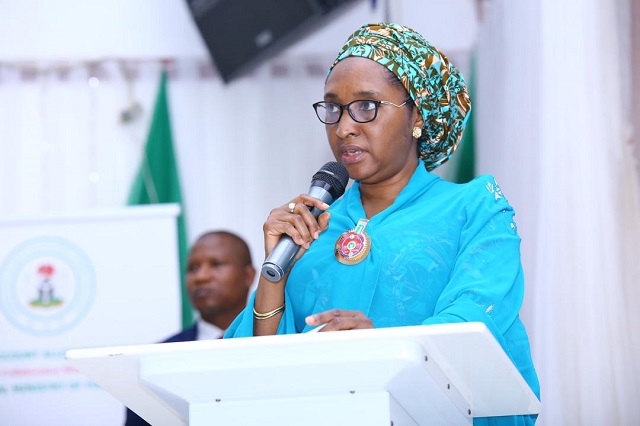Emmanuel Emefienim, the Managing Director of PremiumTrust Bank, praised Kaduna State Governor Uba Sani for successfully attracting investments to the region. Emefienim highlighted Sani’s visionary leadership and steadfast commitment to peace, unity, and progress, noting that these qualities have revitalised the hopes of the people in Kaduna State.
He made these remarks during the opening of the PremiumTrust Bank branch in Kaduna on Wednesday, July 30, 2025.
Emefienim stated, “Through improved security, urban renewal, economic diversification, infrastructural development, and youth empowerment, Governor Sani has created an environment where businesses can thrive and investments can flourish, positioning Kaduna as a preferred destination for partnerships like ours.”
He also remarked, “Kaduna’s political influence, entrepreneurial spirit, and urban renewal initiative make it a natural home for a forward-looking institution like PremiumTrust Bank.”
Emefienim addressed the residents of Kaduna, saying, “PremiumTrust Bank has arrived to work alongside you, invest in you, and grow with you. Together, we will write a new story of economic transformation and shared success.”
At the event, Governor Sani emphasised that the opening of the bank’s branch in Kaduna State represents a strong vote of confidence in the region’s growing economic strength and the reforms his administration has consistently pursued since 2023.
He described the bank’s commissioning as “an affirmation of our government’s tireless efforts to build an investment-friendly, growth-oriented business environment.”
Sani added, “From the beginning of our administration, we have recognised financial inclusion as the foundation of sustainable development. That is why my first Executive Order focused on expanding financial access for the underserved and unbanked.”
“Since then, we have enrolled over 2.5 million residents—particularly women, youth, and those underserved—into the formal financial ecosystem. We have increased support for Micro, Small, and Medium Enterprises (MSMEs), empowered agri-preneurs across all 23 local governments, and launched targeted social interventions.”
He concluded by stating, “The arrival of PremiumTrust Bank brings fresh momentum to these efforts, with new products, digital solutions, and literacy initiatives that will make banking accessible to everyone.”

